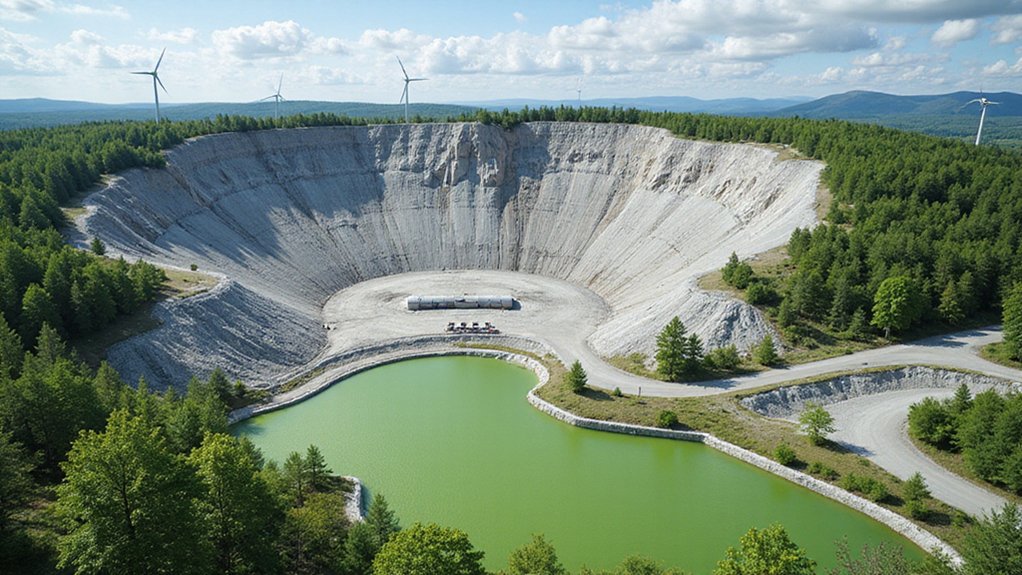As researchers continue to explore the connection between our environment and mental wellbeing, compelling evidence shows that sustainability and mental health are deeply intertwined. Recent studies reveal that exposure to natural environments positively impacts mental health. An impressive 98% of research shows improvement across mental health outcomes when people engage with nature. Only 2% of studies found no effect between nature engagement and mental wellness.

Public awareness about this connection is growing. About 54% of people now support greater conservation of natural resources, and half of all respondents believe in the importance of conservation efforts. This shift reflects a broader understanding of how environmental health and human wellbeing depend on each other. Adopting sustainable practices not only helps the environment but can also improve mental health conditions like depression and anxiety. Poor air quality has been consistently linked to higher risks of psychiatric disorders, highlighting the critical connection between environmental pollution and mental wellbeing.
Nature-based interventions are showing promise for mental health treatment. Natural environments serve as complementary therapeutic settings where people can heal and recover. Community organizations and publicly funded psychiatric hospitals are developing outreach services with a sustainability focus. Advanced AI systems are now being deployed to predict climate disasters, providing communities with early warnings that reduce environmental anxiety and stress.
Research also shows mental health affects sustainable e-learning behavior. Cognitive problem-solving, community support, and learning management all mediate the relationship between mental health and sustainable environments. These findings help explain how our mental state influences our ability to engage with sustainable practices.
Our mental wellbeing directly shapes how effectively we can participate in creating a sustainable world.
Despite these advances, the sustainability of recovery-oriented mental health interventions remains under-explored. Researchers are using frameworks like the Consolidated Framework for Sustainability Constructs in Healthcare and the Program Sustainability Assessment Tool to analyze intervention sustainability.
Case studies across Canadian provinces are examining what makes mental health services sustainable over time. Mixed methods research and maximum variation sampling help identify differences in factors that influence sustainment. These methods compare sustained versus not sustained intervention outcomes to find patterns across different settings.
As public opinion continues to shift toward environmental conservation priorities, there’s a need for an expanded evidence base on the intersection of sustainability and mental health. Further exploration is required to understand how we can sustain effective mental health interventions for the long term.
References
- https://earth.org/exploring-the-link-between-sustainability-and-mental-health/
- https://pmc.ncbi.nlm.nih.gov/articles/PMC9754067/
- https://pmc.ncbi.nlm.nih.gov/articles/PMC9395767/
- https://health.hub.copernicus.eu/mental-health-and-well-being
- https://www.frontiersin.org/journals/psychology/articles/10.3389/fpsyg.2022.822751/full









